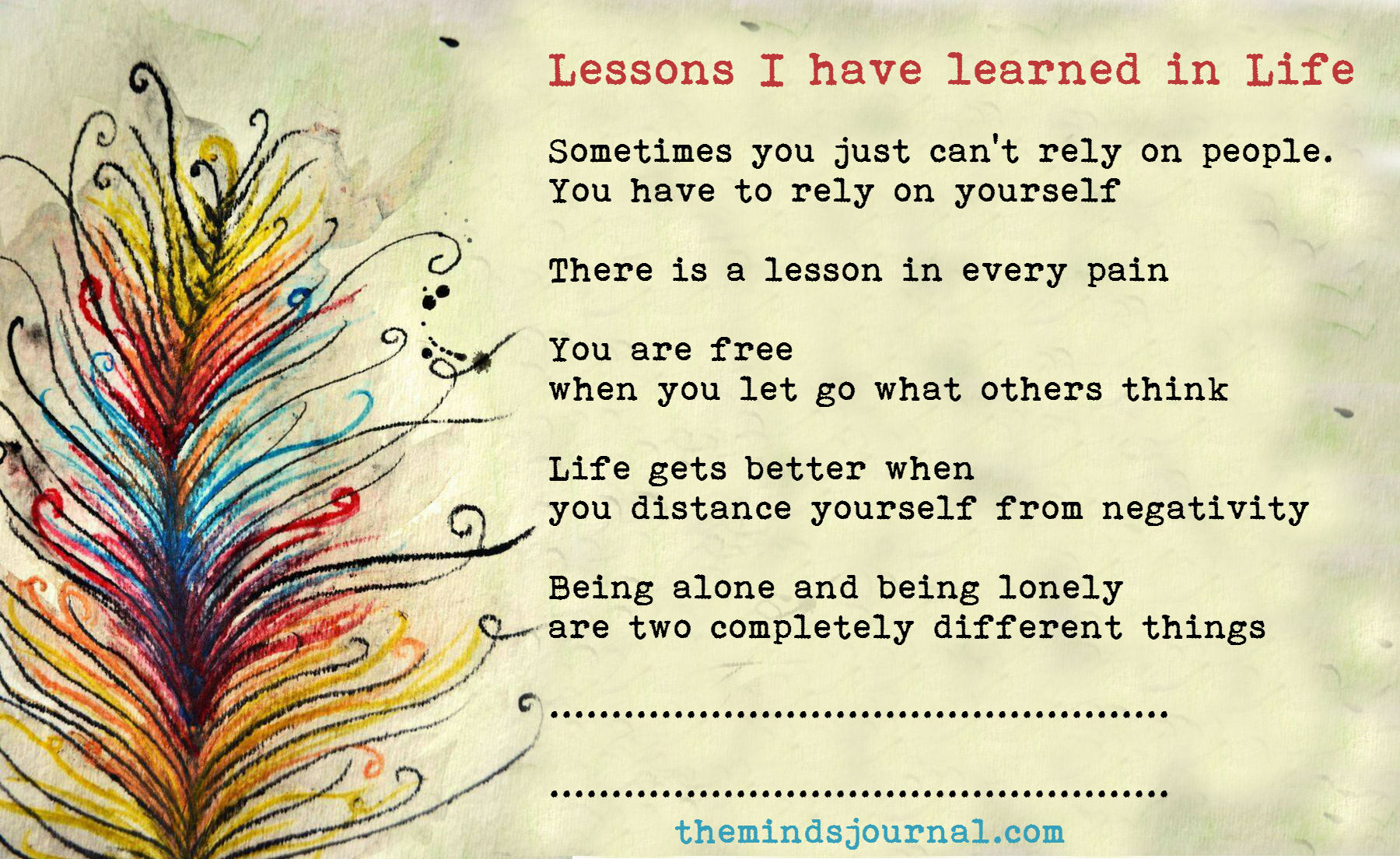What Buddha Said About Love Pleasure And Married Life
Very often, we consider childhood days to be a period of happiness. In reality, as children, we do not understand what happiness is.
Under the protection of our parents, we pass our days in a perpetual round of enjoyment, which undoubtedly gives us pleasure. As we enter adolescence, changes take place in the mind and physical body causing us to become aware of the existence of the opposite gender and we begin to experience a new kind of attraction giving rise to disturbing emotions.
At the same time, curiosity drives us to find out about the facts of life, through peer discussion and book reading. Before long, we find ourselves on the threshold of adulthood, the crucial time in our life when we look for a suitable life-partner to begin a relationship that will put to the test all the qualities that we have acquired earlier in life.
Love, and marriage then become matters of great importance that will determine the quality of the married life we will have.
Young people today are exposed to a large variety of “Western” influences which are disseminated through the mass media such as books and magazines, television, video cassettes, and movies and mostly through social media such as Facebook, Twitter, etc resulting in the acquisition of distorted ideas regarding love, and marriage.
In the “Sigalovada Sutta,” the Buddha gives good advice on how to maintain peace and harmony in the home between husband and wife in order to achieve a happy married life. This advice is very important to nowadays couples who think that they are in very perfect relationships.
Love
There are different kinds of love, and these are variously expressed as motherly love, brotherly love, sensual love, emotional love, physical love, selfish love, selfless love and universal love.
If people develop only their carnal or selfish love towards each other, that type of love cannot last long. In a true love relationship, one should not ask how much one can get, but how much one can give.
When beauty, complexion and youth start to fade away, a husband who considers only the physical aspects of love may think of acquiring another young one. That type of love is animal love or lust.
If a man really develops love as an expression of human concern for another being, he will not lay emphasis only on the external beauty and physical attractiveness of his partner. The beauty and attractiveness of his partner should be in his heart and mind, not in what he sees.
Likewise, the wife who follows Buddhist teachings will never neglect her husband even though he has become old, poor or sick.
“I have a fear that the modern girl loves to be Juliet to have a dozen Romeos. She loves adventure . . .The modern girl dresses not to protect herself from wind, rain and sun, but to attract attention. She improves upon nature by painting herself and looking extraordinary.” – Gandhi
We can study the Buddha’s teaching regarding the feelings that man and woman have for each other.
The Buddha says that he had never seen any object in this world, which attracts man’s attention more than the figure of a woman. At the same time, the main attraction for the woman is the figure of a man.
It means that by nature, woman and man give each otherworldly pleasure. They cannot gain the happiness of this kind from any other object. When we observe very carefully, we notice that among all the things, which provide pleasure, there is no other object that can please all the five senses at the same time beside the male and female figures.
Read The Four Aspects of True Love by Thich Nhat Hahn
Pleasure
Young people by nature like to indulge in worldly pleasures, which can include both good and bad things. Good things, like the enjoyment of music, poetry, dance, good food, dress, and similar pursuits do no harm to the body. They only distract us from seeing the fleeting nature and uncertainty of existence and thereby delay our being able to perceive the true nature of the self.
The faculties and senses of young people are very fresh and alert; they are very keen to fulfill all the five senses. Almost every day, they plan and think out ways and means to experience some form of pleasure.
By the very nature of existence, one will never be completely satisfied with whatever pleasure one experiences and the resultant craving in turn only creates more anxieties and worries.
When we think deeply about it, we can understand that life is nothing but a dream. In the end, what do we gain from attachment to this life? Only more worries, disappointments, and frustrations. We may have enjoyed brief moments of pleasure, but in the final analysis, we must try to find out what the real purpose of our lives is.
When one ceases to crave for physical fulfillment and does not seek to find physical comfort in the company of others, the need for marriage does not arise. Suffering and worldly enjoyment are both the outcome of craving, attachment and emotion.
If we try to control and suppress our emotions by adopting unrealistic tactics we create disturbances in our mind and in our physical body. Therefore we must know how to handle and control our human passion. Without abusing or misusing this passion, we can tame our desires through proper understanding.
The Buddhist Concept Of Marriage
In view of what has been said about “birth and suffering,” some people have criticized Buddhism saying that is against married life. They are wrong. The Buddha never spoke against married life.
However, he pointed out all the problems, difficulties, and worries that people would have to face when they take on the responsibility of marriage. Just because he warned one against problems in marriage does not mean that the Buddha condemned marriage.
The act of marriage itself implies that a person is still more attached to the physical world and since our mental faculties are influenced by craving, attachment, and human emotions, it is but natural that problems would arise. This happens when we have to consider the need of others and to give in to what others need.
According to Buddhist teaching, in a marriage, the husband can expect the following qualities from his wife: love, attentiveness, family obligations, faithfulness, child-care, thrift, the provision of meals, to calm him down when he is upset, and sweetness in everything.
In return, the wife’s expectation from the husband is: tenderness, courtesy, sociability, security, fairness, loyalty, honesty, good companionship, and moral support.
Apart from these emotional and sensual aspects, the couple will have to take care of day-to-day living conditions, family budget, and social obligations. Thus, mutual consultations between the husband and wife on all family problems would help to create an atmosphere of trust and understanding in resolving whatever issues that may arise.
The Buddha’s Advice to a Couple
The Wife
In advising women about their role in married life, the Buddha appreciated that the peace and harmony of a home rested largely on a woman. His advice was realistic and practical when he explained a good number of day-to-day characteristics, which a woman should or should not cultivate.
- On diverse occasions, the Buddha counseled that a wife should:
- not harbor evil thoughts against her husband;
- not be cruel, harsh or domineering;
- not be spendthrift but should be economical and live within her means;
- guard and save her husband’s hard-earned earnings and property;
- always be attentive and chaste in mind and action;
- be faithful and harbor no thought of any adulterous acts;
- be refined in speech and polite in action;
- be kind, industrious and hardworking;
- be thoughtful and compassionate towards her husband, and her attitude should equate that of a mother’s love and concern for the protection of her only son;
- be modest and respectful;
- be cool, calm, and understanding–serving not only as a wife but also as a friend and adviser when the need arises.
The Husband
The Buddha, in reply to a householder as to how a husband should minister to his wife declared that the husband should always honor and respect his wife, by being faithful to her, by giving her the requisite authority to manage domestic affairs and by giving her befitting ornaments.
This advice, given over twenty-five centuries ago, still stands good for today.
Knowing the psychology of the man who tends to consider himself superior, the Buddha made a remarkable change and uplifted the status of a woman by a simple suggestion that a husband should honor and respect his wife.
A husband should be faithful to his wife, which means that a husband should fulfill and maintain his marital obligations to his wife thus sustaining the confidence in the marital relationship in every sense of the word.
The husband, being a breadwinner, would invariably stay away from home, hence he should entrust the domestic or household duties to the wife who should be considered as the keeper and the distributor of the property and the home economic-administrator.
The provision of befitting ornaments to the wife should be symbolic of the husband’s love, care and attention showered on the wife.
This symbolic practice has been carried out from time immemorial in Buddhist communities. Unfortunately it is in danger of dying out because of the influence of modern civilization.
Read 5 Life Changing Lessons You Can Learn from Buddha










Leave a Reply